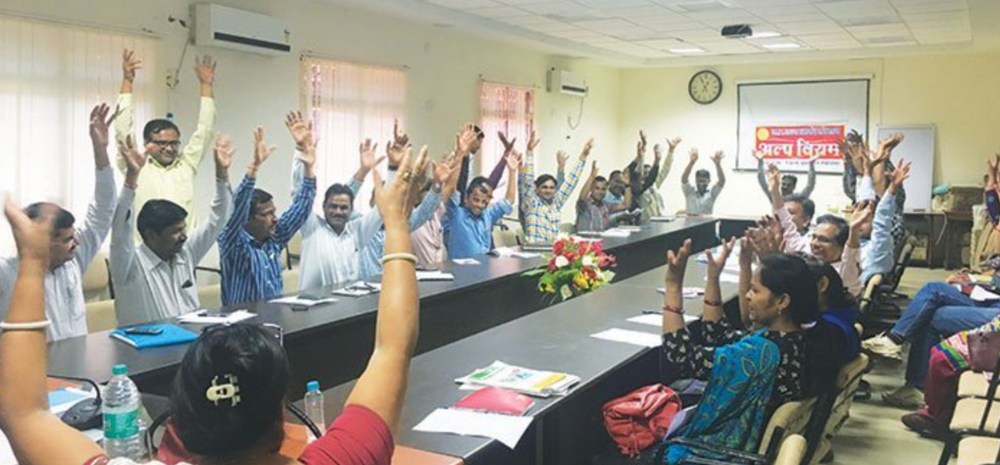Over a crore government employees and pensioners in India are eagerly awaiting the formation of the 8th Pay Commission. This commission will submit recommendations to the government regarding salary increases for government staff. The anticipation surrounding the commission’s potential impact on salaries is significant, with many hoping for substantial improvements.

Implementation Timeline
Expected Start Date
The 8th Pay Commission is likely to be implemented from January 2026. Historically, the central government has adopted new pay commission recommendations every 10 years. The 7th Pay Commission, for instance, came into effect in January 2016. The first Pay Commission in India was established in January 1946.
Government Announcements
As of now, the Indian government has not made any formal announcements regarding the formation and implementation of the 8th Pay Commission. Last December, the government indicated that there were no plans to establish the 8th Central Pay Commission at that time. However, following the national election, there is a strong possibility that the government may take decisive steps towards forming the commission. Typically, once a pay commission is formed, it takes 12-18 months to submit its recommendations.
Expected Salary Increase
Beneficiaries
Approximately 49 lakh government employees and 68 lakh pensioners are expected to benefit from the implementation of the 8th Pay Commission. This includes various groups within the public sector and military personnel.
Fitment Factor
One of the primary changes anticipated with the 8th Pay Commission is an increase in the fitment factor. Reports suggest that the fitment factor will be set at 3.68 times. With the current minimum basic salary of government employees at Rs 18,000, this increase will raise the basic pay by Rs 8,000, bringing it up to Rs 26,000.
Key Components
Pay Matrix
The fitment factor is a crucial formula used to determine employee salaries and the Pay Matrix under the 8th Pay Commission. It plays a vital role in adjusting the current 7th CPC Pay to align with the proposed 8th CPC Pay Scale.
Historical Context
The 7th Pay Commission introduced a fitment factor of 2.57 times, resulting in an average salary increase of approximately 14.29% for employees. This adjustment set the minimum pay scale at Rs 18,000.
Broader Impact
Addressing Salary Disparities
The 8th Pay Commission is expected to address salary disparities among different employee groups, helping to alleviate the effects of inflation. This will contribute to a more equitable remuneration structure for government employees.
Additional Benefits
In addition to revised pay scales, the 8th Pay Commission will bring other benefits, including enhanced retirement benefits. The commission’s recommendations will have far-reaching impacts, benefiting not only government employees but also military personnel and pensioners.
Conclusion
The 8th Pay Commission represents a significant milestone in the quest for equitable remuneration and financial security for those in public service and retirement. As expectations soar, the formation and implementation of the commission are eagerly awaited, with hopes of substantial improvements in salaries and benefits for government employees and pensioners.











